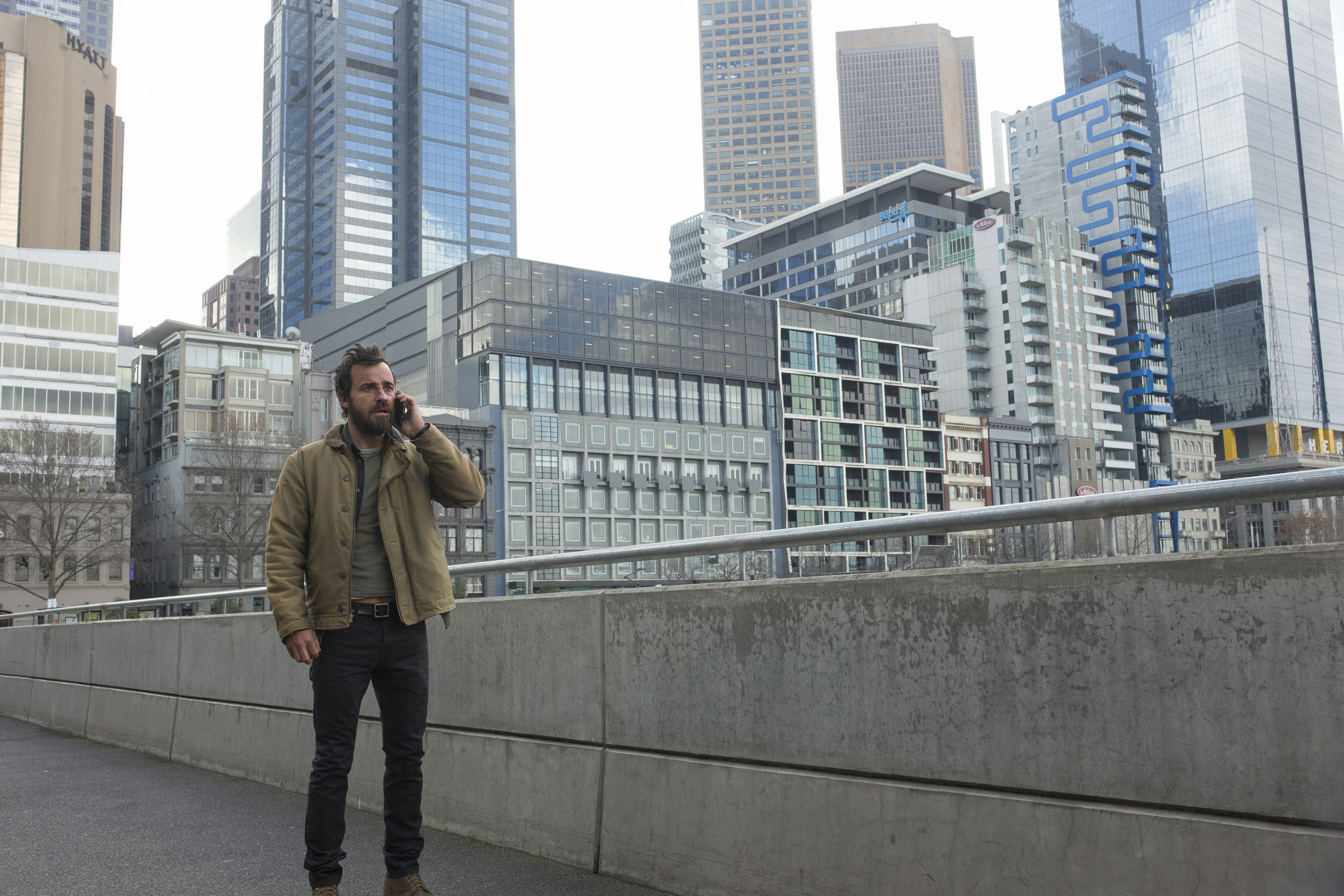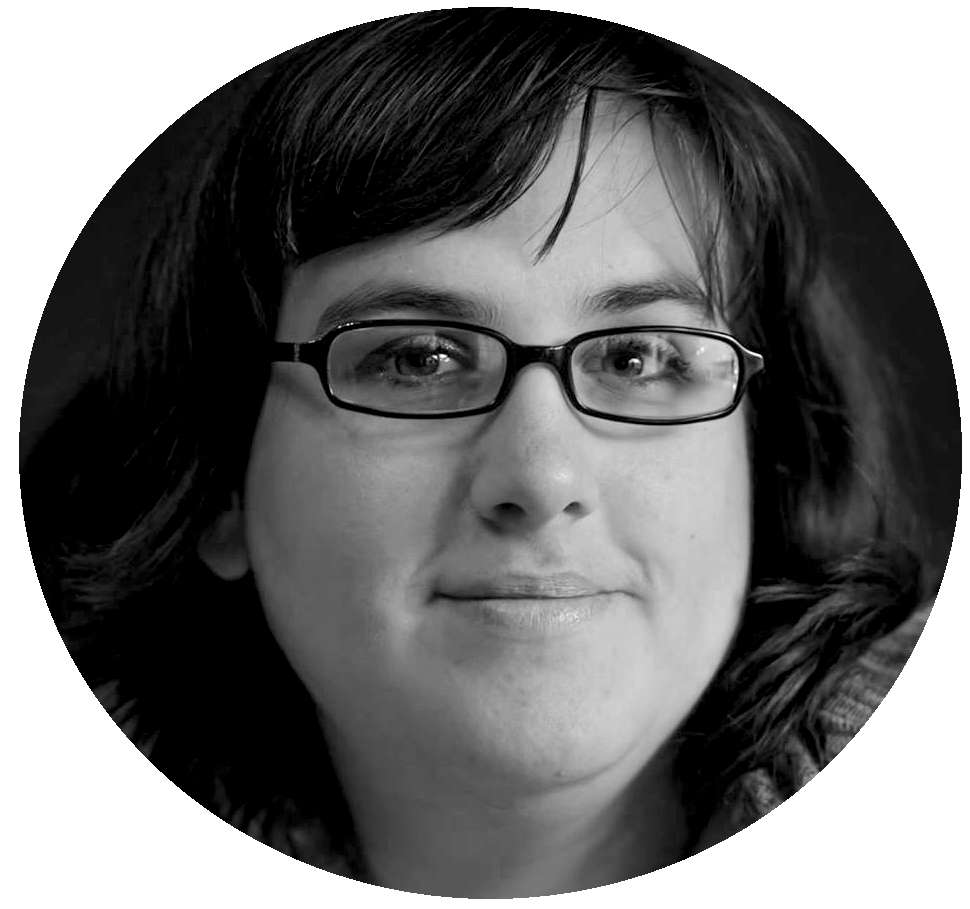The Leftovers recap: 'G'Day Melbourne'
This episode expands and personalizes the series' preoccupation with apocalypse


A free daily email with the biggest news stories of the day – and the best features from TheWeek.com
You are now subscribed
Your newsletter sign-up was successful
The eighty-first sura of the Qur'an is a visceral, lyrical description of the end of days, when "the stars lose their light/And when the mountains are blown." The verses pair images of natural beauty with wild violence, promising a "hell made ravenous" and "the paradise brought near" — which makes this sura fitting as the narrative and thematic lynchpin of "G'Day Melbourne," an episode of The Leftovers that expands and personalizes the series' preoccupation with apocalypse. Though this final season has presented itself as a countdown to mass catastrophe — whether that manifests in the global flood that Kevin Senior and Matt Jamison expect or another onslaught of sudden departures — "G'Day Melbourne" is about what happens when the love loses its light, and people's hopes are blown.
Shortly after he arrives in Melbourne — and Nora (Carrie Coon) rushes off to meet the team of professionals who will zap her with transmogrifying radiation (you know, work stuff) — Kevin (Justin Theroux) paces listlessly through his hotel room. When he turns on an aggressively inane morning talk show, he sees Evie Murphy among the audience, wearing an orange headscarf, and holding a sign that reads Surah 81. She stares directly at Kevin like some spectral emissary with a message just for him; in her eyes, echoes of Patti Levin's singular intensity — another way (beyond the hotel setting, the otherworldly visions appearing on a large flat-screen TV, and, of course, the overt flashbacks) that Kevin's arc here serves as a sequel (of sorts) to "International Assassin." That episode wrung great pathos out of the idea that, to truly purge Patti — his ghostly foe and the avatar of his darker, crueler impulses — he had to understand, and end, her pain. Nora may mockingly read from The Book of Kevin (which they've brought on the trip, since snarking about it allows them some semblance, however strained, of real coupledom), but the image of Kevin ruefully pushing little Patti into that well evokes an empathy that, ultimately, he can't find with Nora. Eventually, he joined Patti at the bottom of the well, a hollow of tears and stone; he and Nora will spend their days on opposite sides of the city, and different emotional hemispheres.
Justin Theroux and Carrie Coon share a few brief, terse scenes together — the most sustained of these being a rough coupling in an airport bathroom after Nora reveals that she's taped $20,000 in cash to her body since one can only take $10,000 in cash out of the country (when he asks her why she couldn't just give him half, she stares at him with a sort of vague annoyance, as if he's the set of car keys she's had to rush back into the house to grab); and, of course, their Who's Afraid of Virginia Woolf-worthy blow-out at the very end. Theroux and Coon convey Kevin and Nora's ever-increasing distance through anxious glances and line readings that feel as (purposefully) forced as the G'Day Melbourne hosts' prattle about pancake batter. This is the long fuse before the bomb blast of mutual recriminations; however, that final fight isn't even the most heartbreaking part of the episode: Kevin and Nora may have turned their love into "a hell made ravenous," but they've already experienced far deeper losses — each of them ends the episode with their core sense of self utterly atomized.
The Week
Escape your echo chamber. Get the facts behind the news, plus analysis from multiple perspectives.

Sign up for The Week's Free Newsletters
From our morning news briefing to a weekly Good News Newsletter, get the best of The Week delivered directly to your inbox.
From our morning news briefing to a weekly Good News Newsletter, get the best of The Week delivered directly to your inbox.
"G'Day Melbourne" evokes the most powerful, series-altering aspects of "International Assassin" — that Kevin can legitimately communicate with the dead — only to stick a shiv in the idea of Hunky Jesus Kevin, savior of worlds, which characters like Matt Jamison and John Murphy (and, even if he'd never admit it overtly, Kevin himself) have cultivated. Kevin chases Evie outside of the station and corners her in an alleyway; as he screams in her face, asking if Patti has sent her, his terror and anger crack open to allow a vicious little thrill at the prospect that he really can connect with the underworld, even in the Land Down Under (in the first episode, "The Book of Kevin," Matt claims that Kevin's powers might be limited to Jarden, only). There's almost more rage than relief in his voice when he asks the hulking bloke who comes to Evie's aid if he can really see her, too. And when he calls Laurie (Amy Brenneman) to tell her that he's found Evie, his voice thrums with pride — like he's some gumshoe on Law and Order who's cracked the case right before the commercial break.
Though Kevin claims to be dutifully chagrinned at being the subject of his own holy book, one can see, quite easily enough, why he might protest too much: His father is the kind of man who siphons all the oxygen in the room (even without talking about mystical chickens); his ex-wife is equally brilliant and neurotic; and his current lover is infamous for enduring the most horrific loss imaginable — so, what, really, beyond his immaculate abs and ability to transcend death, makes Kevin so special? As an actor, Theroux has a silent, stilted quality that has, at times, made him seem overly (even distractingly) awkward, but, as Kevin tracks Evie (under her assumed name of Daniah Moabizzi) to the library where she works, that awkwardness works to create a sense of holy terror and awe — and, when he discovers that Evie is, in fact, not Evie, but a young Muslim woman whose real name is Daniah Moabizzi, it conveys his shock and his sudden sense of loss. "I have compassion for you because you are ill," Daniah tells him, after she's whispered a prayer.
But if Kevin truly is ill, a figure worthy of pity and compassion, then he is not sanctified; he's just some small-town police chief who's lost his goddamn mind. "A psychotic break," Laurie tells him, as she explains why exactly he grafted onto Evie as a hallucination — she did what his job and his family and his own petty fears kept him from doing a long time ago: "She ran away." Brenneman is a marvel, even in her brief scenes; she inserts just enough unconscious smugness into her lines, particularly when she asks him how he and Nora are doing. He says that Nora is the one who ran away: a moment of raw truth before the snarling sense of self-importance clicks its fangs again. "Ask John about that book he wrote about me," Kevin growls before hanging up.
The theme of multiple identities re-emerges in Nora's storyline, though in a far subtler way. She may have lamented her status as "Nora Cursed" to her friend Erika Murphy, but Nora has received certain benefits that are expressly related to her loss (even if she would have never wished her children away), from her high-octane job at the DSD to the "global entry" status that lets her breeze through the TSA queue at the airport. "G'Day Melbourne" interrogates the ways in which Nora Durst has, however unconsciously, embraced being Nora Cursed and become enamored of her own suffering. During that final fight, she asks Kevin how he could have let her give Lily away, and he blasts back that she could have a child of her own, with him, but she won't "because if you did, you wouldn't be a victim anymore. Nobody would feel sorry for you. You'd have to be okay."
A free daily email with the biggest news stories of the day – and the best features from TheWeek.com
Nora's notoriety has been a handmaiden to her grief, and, in tandem, they have burned away certain parts of her personality: It's hard to imagine that the Nora who answers the LADR team's sole psych evaluation query — whether she'd kill an infant, if that meant that his twin would go on to cure cancer — with a causal "kids die all the time. And I get to cure cancer? Yeah, I'd nod" was ever the harried-mommy Nora who just wanted a job where she didn't have to think about juice boxes. Coon has turned Nora's grief into a kaleidoscope of feeling — with rage and sorrow, determination and desire often flashing through simultaneously — and it's hard to reconcile the deep undercurrent of utter nihilism that pushes her story along. When she goes to the LADR warehouse, she's not seeking paradise brought near, she wants oblivion.
The LADR folks have Nora climb into a packing crate (labeled "fragile," of course) to stimulate being in the device for a prolonged period; they're quite unpleasantly surprised by how calm she remains inside her makeshift coffin. One of the physicists tries to chisel away at her arctic composure by suggesting that the departed don't go to that much ballyhooed "better place," that they were Hoovered into space, where they hover as frozen corpses. Nora doesn't flinch. The truth is that Nora is uncertain about whether this transmogrifying radiation will work its magic — she just wants an easy out, a way to die that, in theory at least, she couldn't be blamed for pursuing. The physicists say that they can't help Nora (their unspoken implication being that nobody can), so they pack up and leave. Nora stands alone in a warehouse filled with dressmaker's dummies, which are perfect symbols for her predicament: They're waiting for someone else to dress them up in an identity: businesswoman, summer bride, mom-on-the-go. Nora can't remember a time where she was any of these people, when she was anyone other than Nora Cursed. But if she's going to survive, she's going to have to become someone else — perhaps, if the premiere episode holds true, a woman who raises doves and goes by the name of "Sarah."
Laura Bogart is a featured writer for Salon and a regular contributor to DAME magazine. Her work has appeared in The Atlantic, CityLab, The Guardian, SPIN, Complex, IndieWire, GOOD, and Refinery29, among other publications. Her first novel, Don't You Know That I Love You?, is forthcoming from Dzanc.
-
 Political cartoons for February 20
Political cartoons for February 20Cartoons Friday’s political cartoons include just the ice, winter games, and more
-
 Sepsis ‘breakthrough’: the world’s first targeted treatment?
Sepsis ‘breakthrough’: the world’s first targeted treatment?The Explainer New drug could reverse effects of sepsis, rather than trying to treat infection with antibiotics
-
 James Van Der Beek obituary: fresh-faced Dawson’s Creek star
James Van Der Beek obituary: fresh-faced Dawson’s Creek starIn The Spotlight Van Der Beek fronted one of the most successful teen dramas of the 90s – but his Dawson fame proved a double-edged sword
